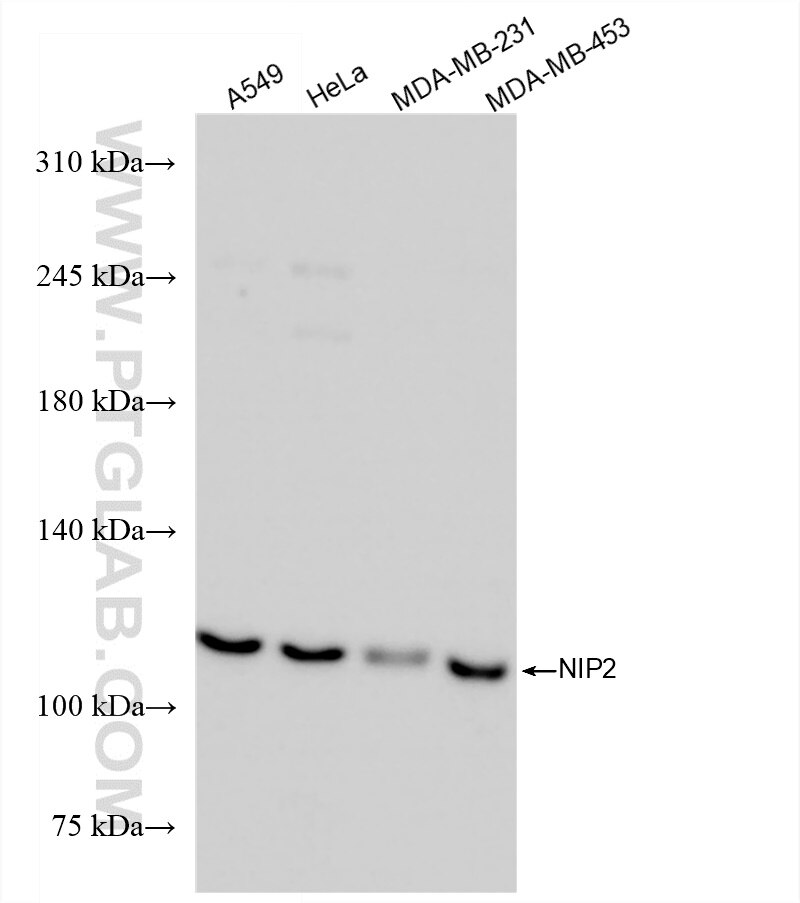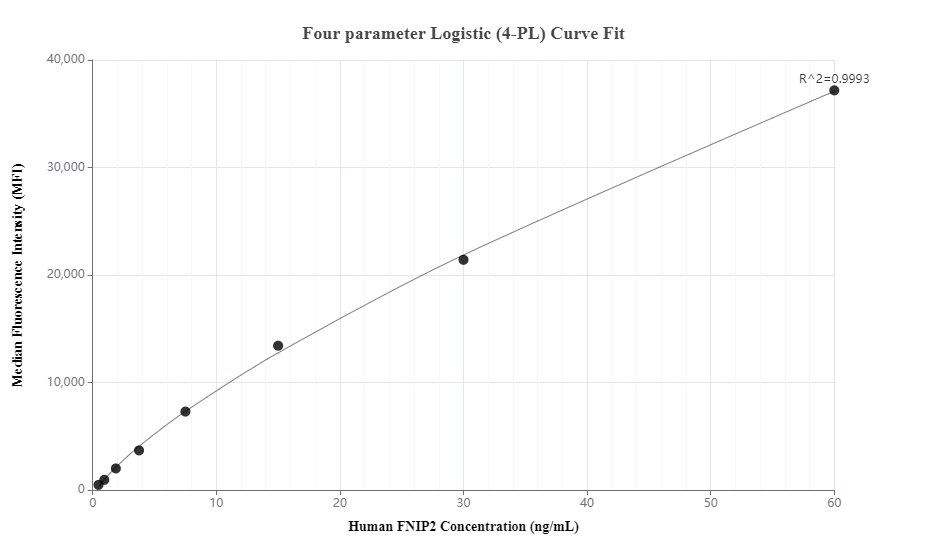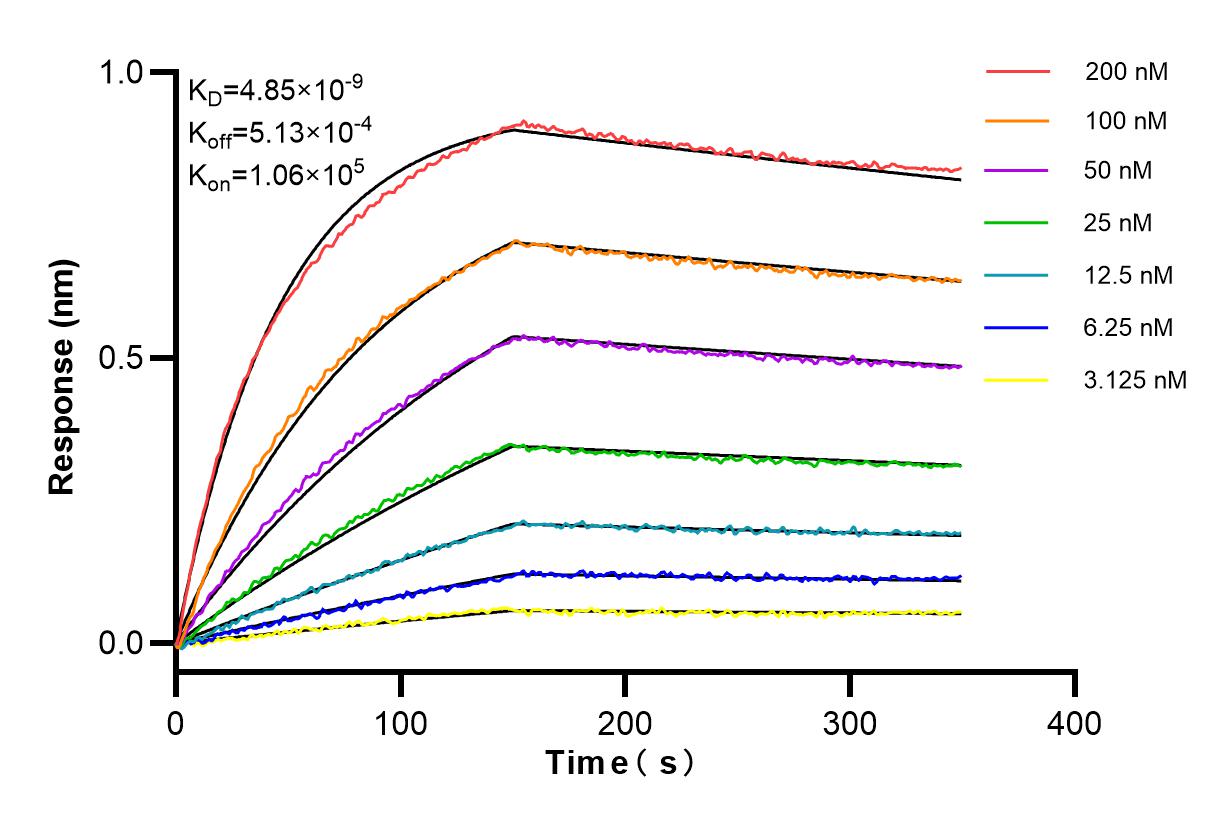Product Information
84371-2-PBS targets FNIP2 as part of a matched antibody pair:
MP01240-1: 84371-2-PBS capture and 84371-1-PBS detection (validated in Cytometric bead array)
Unconjugated rabbit recombinant monoclonal antibody in PBS only (BSA and azide free) storage buffer at a concentration of 1 mg/mL, ready for conjugation. Created using Proteintech’s proprietary in-house recombinant technology. Recombinant production enables unrivalled batch-to-batch consistency, easy scale-up, and future security of supply.
This conjugation ready format makes antibodies ideal for use in many applications including: ELISAs, multiplex assays requiring matched pairs, mass cytometry, and multiplex imaging applications.Antibody use should be optimized by the end user for each application and assay.
| Tested Reactivity | human |
| Host / Isotype | Rabbit / IgG |
| Class | Recombinant |
| Type | Antibody |
| Immunogen | FNIP2 fusion protein Ag35014 Predict reactive species |
| Full Name | folliculin interacting protein 2 |
| Observed Molecular Weight | 125 kda |
| GenBank Accession Number | BC166693 |
| Gene Symbol | FNIP2 |
| Gene ID (NCBI) | 57600 |
| Conjugate | Unconjugated |
| Form | Liquid |
| Purification Method | Protein A purification |
| UNIPROT ID | Q9P278 |
| Storage Buffer | PBS only , pH 7.3 |
| Storage Conditions | Store at -80°C. |
Background Information
Folliculin (FLCN)-interacting proteins 1 and 2 (FNIP1, FNIP2) are homologous binding partners of FLCN, a tumor suppressor for kidney cancer. FNIP2 was found to bind to the C terminus of FLCN and to AMPK, like FNIP1. FNIP2 competes with the activating co-chaperone AHSA1 for binding to HSP90AA1, thereby providing a reciprocal regulatory mechanism for chaperoning of client proteins (PMID: 18403135).







